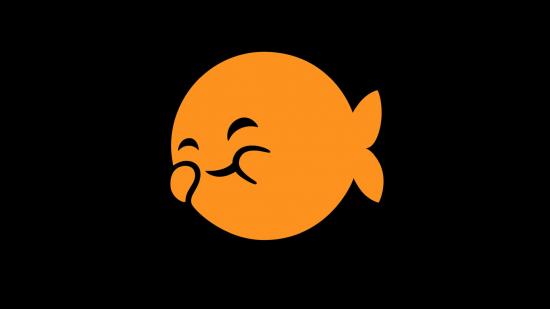Indie developer Chucklefish has been accused of “massively unethical” work practices by former staff members. The allegations against the studio, which also published Stardew Valley and Risk of Rain, stem from the development of Starbound, which entered early access in 2013.
Last week, writer Damon Reece published a lengthy Twitter thread outlining their experiences working on Starbound. In that thread, Reece said that they began their career in game development at the age of sixteen, spending nearly two years working on the title. They also state that they “worked hundreds of hours and [weren’t] paid a single cent for it while the company made unbelievable amounts of money off of my labour, and that of around a dozen other unpaid workers.” According to Gamasutra, since its early access release, Starbound has sold more than 2.5 million copies.
Reece’s claims have since been backed up by a number of other developers on Twitter, many of whom report working for exposure and the implication that they would be compensated for their work once the game shipped. In response to those claims, Chucklefish issued a statement, saying that “we’re aware and saddened by the current allegations against Chucklefish regarding Starbound’s early development.”
The statement says that the team was made up of “core crew and community contributors [who] were collaborating via a chat room and dedicated their time for free.” Chucklefish claims that these community members “were under no obligation to create content, work to deadlines or put in any particular number of hours,” and that “everyone was credited or remunerated as per their agreement.”
We reached out to Reece for a response to the developer’s statement, and were told that contributors “were required to sign away our rights in order to work on the game at all. I was told that my contract was industry standard, and that I might get a job with the company if I continued working for free.”
i started out my gamedev career working on starbound for almost two years.
i was sixteen.
i worked hundreds of hours and wasn't paid a single cent for it while the company made unbelievable amounts of money off of my labour, and that of around a dozen other unpaid workers.
— damon "pay your damn workers" reece (@demanrisu) August 28, 2019
Reece also says that Chucklefish’s suggestion that contributors were under no obligation to work on the project “implies that there was no pressure to create work, or to keep up with other workers’ output.” They say that deadlines were in place, and that developers were under pressure to meet them or risk their work being cut from the game.
Those comments are backed up by designer and artist Rho Watson, who despite working on the game prior to release, now appears to have been removed from its credits. She eventually left Chucklefish to found a new studio, Igloosoft, and is now working on an unannounced title. Watson says that “those who were passionate and wanted to help with the game […] were given a standard ‘contributor contract’ and told it was ‘industry-standard.’” She claims that the contracts ensured that contributors “technically weren’t affiliated with Chucklefish, waived the rights to their work, and didn’t expect compensation.” Watson states that the contracts were designed for modders and fan-made donations to the game, rather than ongoing contributors who “were under immense pressure to meet deadlines, and that while “payment was never explicitly guaranteed […] it was never written off and strongly implied.”
A copy of the contract shared with PCGamesN required developers to “relinquish […] all right, title and interest in and to” their work. The contract does not make reference to individual developers’ right to compensation.
Chucklefish’s statement closes by stating that “It’s been almost a decade since Starbound’s development first began, and from then Chucklefish has grown considerably into an indie studio that has a strong emphasis on good working practices, providing a welcoming environment for all employees and freelancers.”
In response to the developer’s statement, Reece said that “regardless of contacts signed, it’s massively unethical to allow workers to contribute huge amounts of content for no pay when you, the ostensible leader of the team, are walking away with millions of dollars in personal revenue share. If you game sells over two and a half million copies and your only excuse for not treating people ethically is ‘but the dozens of teenagers whose labour we exploited signed contracts’, you may need to do some soul searching.
We approached Chucklefish asking for a response to the claims made by Reece and Watson, but were directed to the company’s previous statement.
